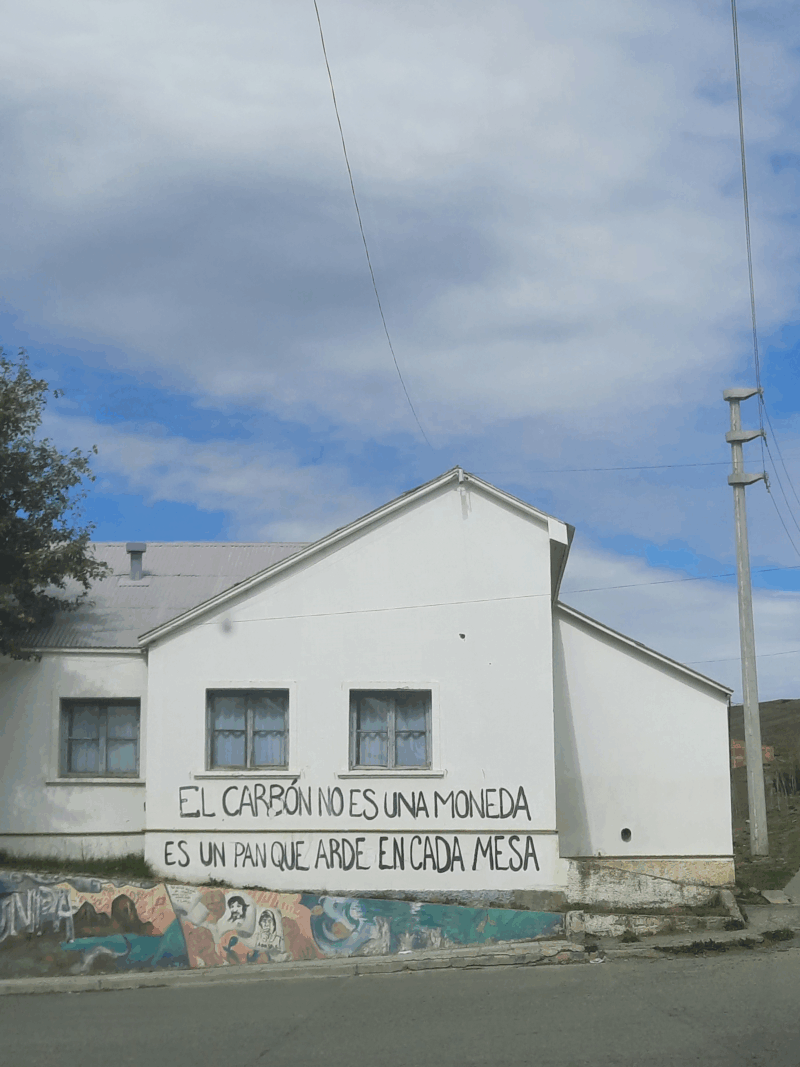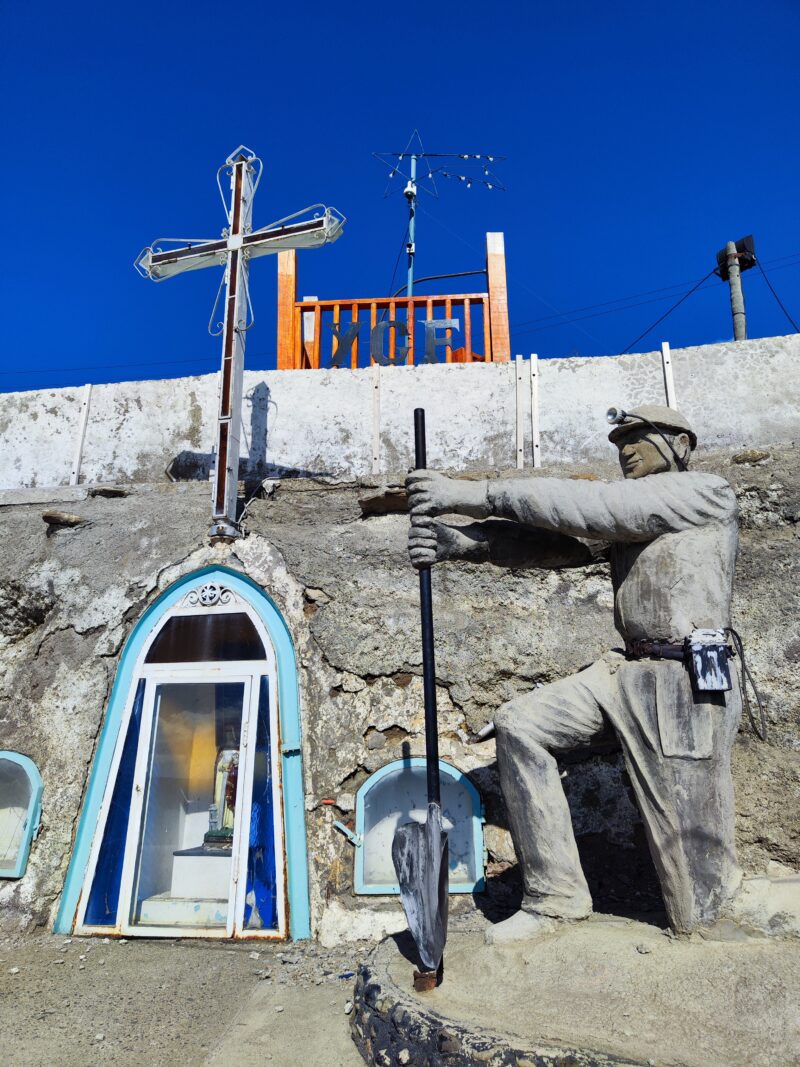
Coal Times: Narratives of Past-Future Disasters in Río Turbio
My project aims to analyze coal narratives through temporal and spatial lenses to reveal pathways for transforming (neo)extractivist discourses toward more sustainable and less disastrous futures in Río Turbio and similar contexts.

In Southern Patagonia, the coal of Río Turbio emerges as a resource for thinking: not only its extraction, but also the local narratives that entangle the mineral question, disasters, and imaginaries form the core of my research. These narratives speak not only of a territory and a mineral, but also of their times—times of waiting, of promise, of ruin, of uncertain futures. I am particularly interested in what narratives can do around a minimal geography, exploring the microgeologies of storytelling, that is, how stories work on small places, in this case around coal, extractivism, and their human and more-than-human actors.
What is the relationship between the future and coal? Why talk about coal when the world is moving towards renewable energies? The history of coal is a non-linear story, and this non-linearity corresponds, in turn, to a complex temporality in the narratives that emerge around this resource. My project explores how narratives about coal in Río Turbio structure visions of time, linking past, present, and possible futures, and how disasters play an inescapable role in these narratives.
The corpus includes testimonies, films, myths, and local discourses, all connected by a common thread: the ways these narratives construct, reproduce, and question collective memories of mining and the impacts of extractivism. Methodologically, the project combines critical discourse analysis, tools from the environmental humanities, and historical epistemology. This approach makes it possible to observe how meanings circulate and how power relations shape these stories, as well as the temporalities that open or close around coal.
The questions that guide my reading are: How do coal narratives structure temporalities that go beyond the traditional categories of past, present, and future? How do these narratives influence the construction of policies and social perceptions on sustainability? How do the interactions between local narratives and global discourses on climate change and energy transition redefine the narrative landscapes of Río Turbio? What are the narratives that sustained colonization and extractivism in this region of the Global South? Can language be approached from an ecological perspective?
The main objective of my research is to contribute to an understanding of coal narratives as indicators of coloniality, neoliberal extraction, and ecological devastation, as well as sources of alternatives for imagining and creating possible futures.

